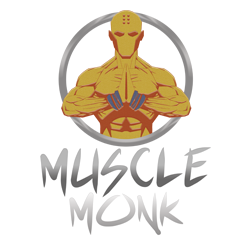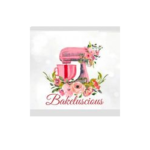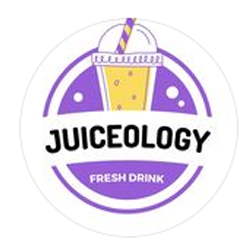Apitherapy, the therapeutic use of bee products such as honey, propolis, bee pollen, royal jelly, and bee venom, has gained renewed attention in recent years, driven by a growing interest in natural and holistic health practices. As more people seek alternatives to conventional medicine, apitherapy hasemerged as
a viable option for addressing various health issues, from inflammatory conditions to immune support. Recent studies highlight the anti-inflammatory and antioxidant properties of these bee-derived substances, particularly in the context of chronicdiseases like arthritis and cardiovascular conditions.
The rise of apitherapy is also supported by the increasing awareness of the health benefits associated with bee products. Forexample, honey is celebrated not only for its natural sweetness but also for its potential to heal wounds and soothe sore throats, making it a popular remedy during cold and flu seasons. Propolis, often referred to as “bee glue,” is recognized for its antimicrobial properties, which can help combat infections. Additionally, bee venom therapy, once considered niche, is now being explored for its pain-relieving effects, particularly in the treatment of arthritis and multiple sclerosis.
Moreover, the global wellness movement has encouraged many individuals to incorporate apitherapy into their daily routines, often promoting it through social media platforms and wellness blogs. As research continues to unveil the health benefits of these natural substances, apitherapy is gaining traction in both complementary and alternative medicine circles. However, it is crucial for practitioners and consumers to approach apitherapy with caution, ensuring that products are sourced ethically and that individuals with allergies to bee products are carefully screened.
Overall, apitherapy represents a fascinating intersection of tradition and modern health practices, highlighting nature’s potential in healing and wellness.
























